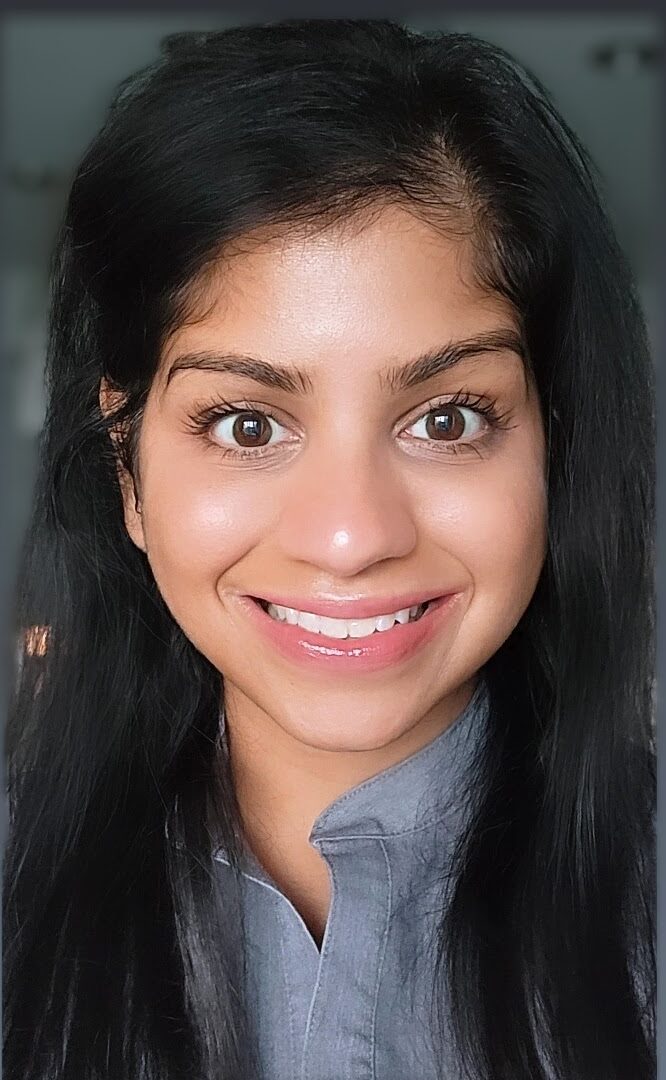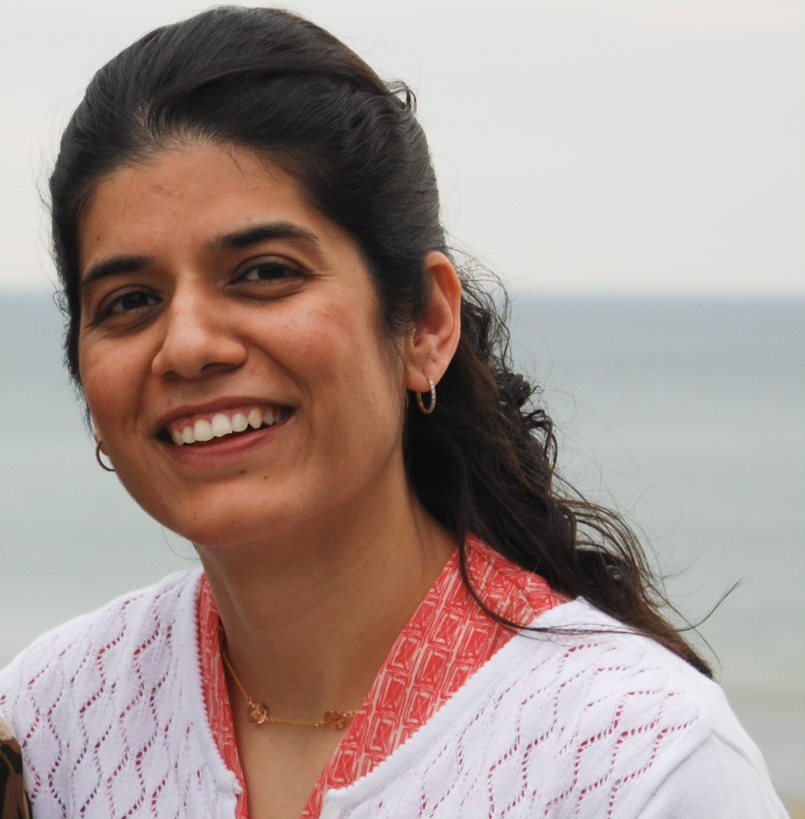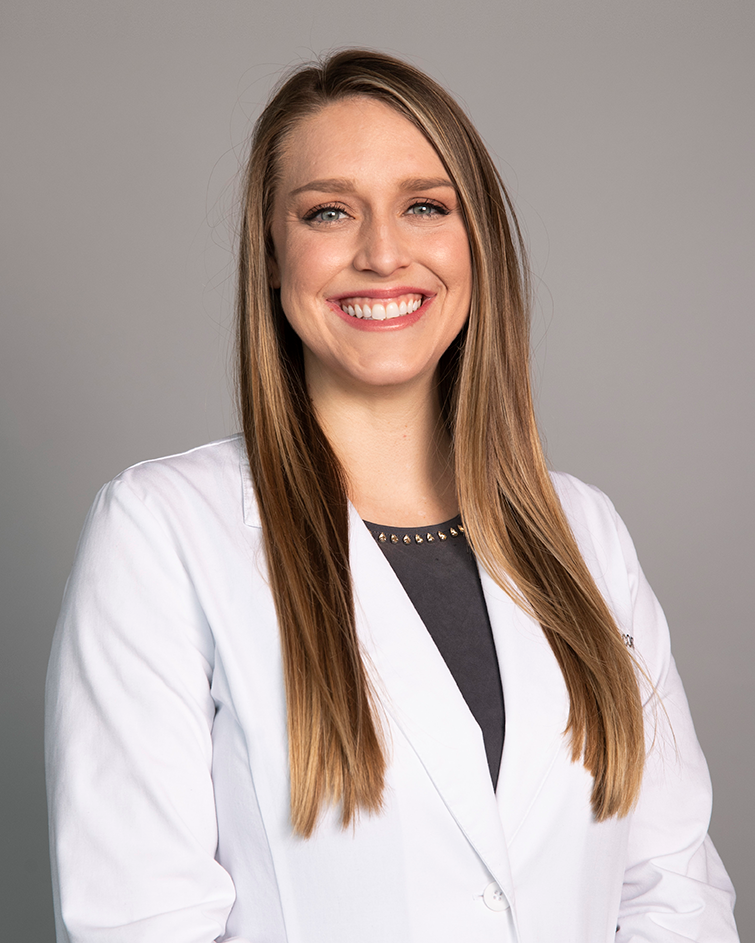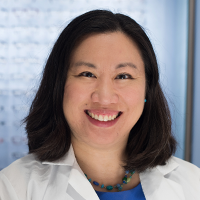



“One method I try to implement is the ‘Sandwich Method,’ where you sandwich a negative or difficult point between two positive points. After saying this, I try to wait and let the other party have an opportunity to speak. Sometimes talking less and listening more is the key during difficult conversations.” -Ruchi Gandhi, OD, Locust Grove, Georgia


“Navigating difficult conversations involves understanding the other person’s point of view. Instead of saying ‘I understand,’ using the words ‘help me understand’ sets the tone and foundation for a successful interaction. It is often said that people almost never change without first feeling understood. Paradoxically, there is considerable persuasion power in inquiry and listening. Listen to understand rather than to respond, and then respectfully and confidently present your views based on the knowledge you have received. You cannot control how someone else will react, but if you approach the conversation with respect and clear intentions to do the right thing, then you have accomplished something.” -Julie Poteet, OD, MS, CNS, FOWNS, Acworth, Georgia


“I start difficult conversations with something positive and encouraging. I try to be constructive and give steps on improvement.” -Bhanu Kapoor, OD, Chicago, Illinois


“I handle difficult conversations the best with practice. Our profession has the pleasure of working with wonderful humans of the public, so daily–unfortunately–we may be faced with difficult conversations with patients and their caregivers. From their new diagnosis of conditions such as glaucoma, age-related macular degeneration or cataracts, for example, to why their prior authorization was denied after years of coverage, or why their spouse or child is no longer present this year–having difficult conversations does get easier with practice. Taking time to consider what you plan to say in that moment helps to remain calm when the conversation does get difficult.” -Jade Coats, OD, Fayetteville, Arkansas


“If it’s a difficult conversation with a patient, I take into account their body language and what they need to know about their condition. I want to also hear how they are feeling about the diagnosis and provide resources for them to read in their preferred language if possible. I make sure to tell them through their preferred language so that I can make sure we are on the same page.
“If I’m having difficult conversations with colleagues or staff about performance, I make sure to come from the angle that I want to help them. It’s important for them to know that I’m on their side and want the best for them and for the people around them.” -Amy Roan Moy, OD, FAAO, CPCO, FNAP, Boston, Massachusetts



